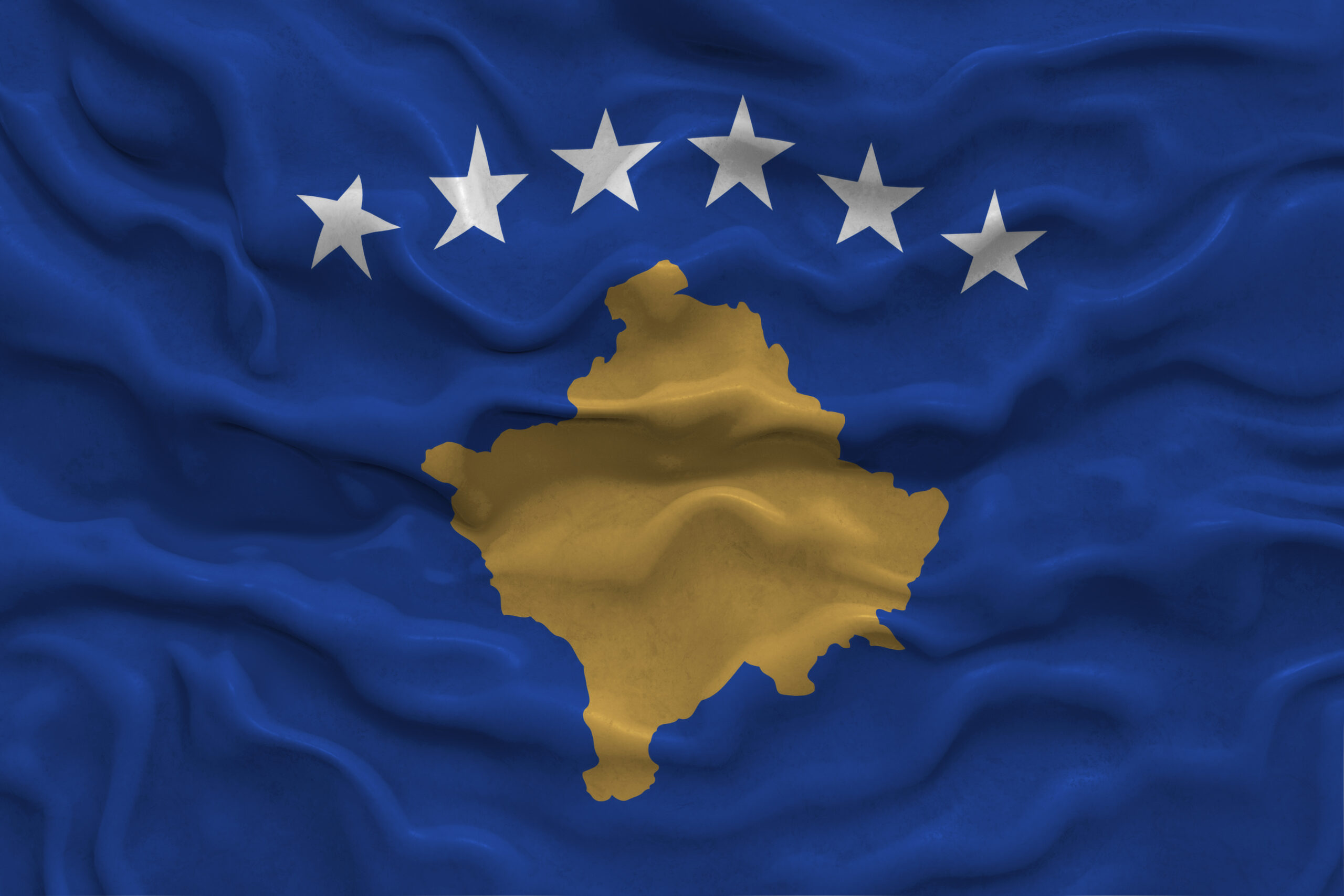The West that liberated Kosovo no longer exists

Opinion by Mero Baze
March 24, 1999, marks the first—and perhaps the last—time NATO jets rose to bomb a country that was oppressing an ethnic minority within its own borders. NATO’s fight to liberate Kosovo, which ultimately led to its independence, today turns 26 years old.
As with every historic moment, its significance becomes clearer with time. But this 26th anniversary gives us an even greater reason to reflect.
If today’s world had existed back then, Kosovo would never have been liberated. Instead, it would have disappeared from the world map, just like thousands of other ethnic groups that have vanished. In Kosovo’s case, the United States and Great Britain—or more precisely, Bill Clinton and Tony Blair – reached the peak of transatlantic cooperation, successfully uniting every European nation with Britain and America to free a people from a dictator who oppressed them.
Today, this history is trivialized by American political bureaucrats and many Westerners. Simply put, such a story would never unfold today.
For ten consecutive years, from 1989 to 1999, Ibrahim Rugova successfully brought Kosovo into Western diplomacy. Wearing his iconic scarf and repeating only a couple of sentences, like a humble priest pleading before God, Rugova begged the West to save his country. This approach helped Kosovo build the awareness needed to organize itself as a parallel state and believe in its self-created institutions.
Thanks to this strategy, just as waiting was becoming unbearable and Milošević started to believe that a military offensive could erase any peaceful resistance in Kosovo, the KLA emerged. The KLA was more than the idea of one group; it represented every Albanian household’s decision to defend its doorstep.
It was precisely this resistance, which restored dignity to the Albanian people, that transformed Kosovo into an international issue: defending Kosovo prevented regional war, while ignoring it would have turned the Balkans into a battlefield.
This convinced the U.S., Britain, and every European government on March 24, 1999, to launch aircraft and begin bombing Serbia for 77 days.
Unlike 26 years ago, today Kosovo finds itself in conflict with Western bureaucracy, facing absurd European Union sanctions and fearful of the United States.
Many of these issues began even before President Trump’s victory, driven by Kosovo’s own government and its narcissistic attempts to become the center of attention at the country’s expense, boosting Albin Kurti’s populist profile as a “hero” against the West.
That era is over.
The time when a leader in Kosovo could become popular by challenging the West has ended.
The West that liberated Kosovo no longer exists.
Today, in the U.S., when someone is briefed about Kosovo’s specific issues, they might ask: “Does it have rare earth minerals? Nuclear plants? Any good beaches?” If told “no,” they’d simply reply: “Then we have no business there.”
In Europe, there are 27 phones ringing, and no two answers are the same way, if there is an answer at all.
Meanwhile, Kosovo has five party leaders that are afraid to form a government, unsure who will face this storm. Unlike Ibrahim Rugova and Bujar Bukoshi, who courageously stood up to Serbia by creating a parallel state, and unlike the KLA commanders who went to the mountains prepared to die, these leaders hesitate even to leave their office, fearful of who will be prime minister during such difficult times.
It’s time to share that responsibility together.
Kosovo must form a government. It must set aside its party leaders’ egos, and make prudent decisions to navigate a global storm and a world that no longer has any affection for what it once did for Kosovo—in fact, it now harbors negative feelings for it.
Unfortunately, over the past 26 years, Kosovo hasn’t taken meaningful steps toward full international recognition or establishing a solid reputation as a functioning state.
Still, it has made giant strides toward becoming a self-aware, independent state and society.
Now, Kosovo must protect this legacy—not with NATO bombs, but through responsibility and by defending itself from yesterday’s liberators.


